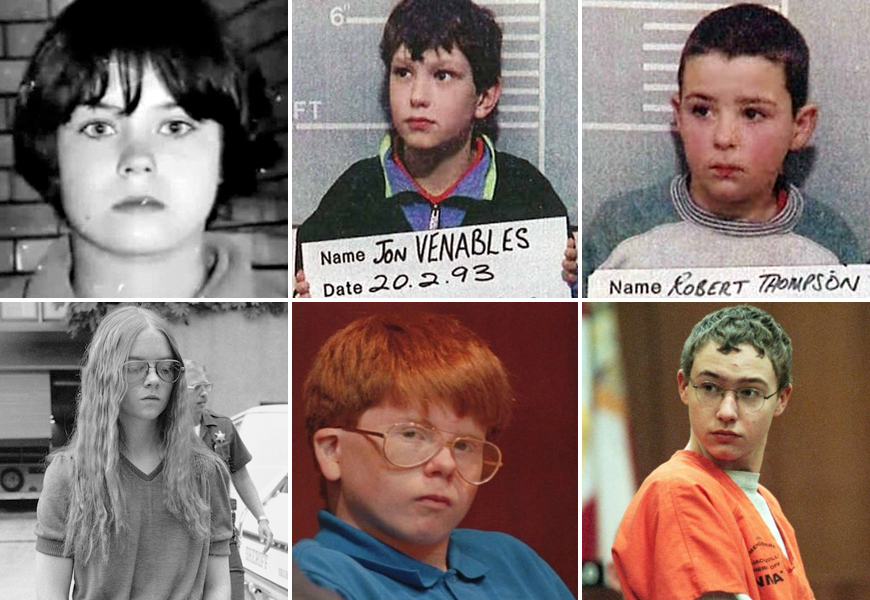Social media has become a fact of life these days. Pretty much everyone under the age of 50 has at least one social media account, be it Facebook, Twitter, Instagram or even Snapchat. Of course there are plenty of people who don’t too, but for most of us, what will happen to all our hard-earned followers, likes and retweets after we’re no longer around to log on or check our notifications has crossed our minds.
On the list of things to worry about in relation to death, the status of your social media accounts ranks pretty low—but still, just like you care where your belongings and assets end up after you die, you should care where all your social data ends up. Luckily, most major social media platforms have thought about this and they have procedures in place for how to treat the profile of someone who has passed away.
Considering Facebook saves everything you’ve ever posted, liked and shared since the day you signed up, there’s a lot to lose if the account disappears after you die. As of right now, you can set your account to either be deleted upon your death or be turned into a memorial account. If converted to a memorial account, the word “Remembering” will appear in front of your name and all your posts and pictures will still be visible to the same people they were visible to before.
A memorialized account won’t show up in public spaces, such as in the People You May Know section and all the privacy settings that were in place before your death will remain. You can also assign a “legacy contact” which is the person who will gain control of your account after you die. This person will be able to add new friends, change your profile picture and make sure your memorial account is used how it’s supposed to be– a place for your family and friends to go to remember you.
If someone close to you reports you as deceased to Instagram, there are two options. One is the account is deleted completely, and the other is a memorialized account. Basically, that means your account is frozen—no one can log in and change or post anything and the account won’t show up in any searches. All the posts and comments from before your death will remain intact. For some reason, people can still send direct messages to a memorialized account, even though no one will ever be able to read those messages– at least not in this realm. Unlike Facebook, there is no “legacy contact” option, so no one else will be left in charge of your account.
With Twitter, there is no option to memorialize your account once you have been reported as deceased. In fact, the only official thing Twitter does with accounts of deceased members is deactivate them. If no one ever reports your death then your account would stay active, but that leaves it open to hacking. Your friends and family probably wouldn’t want to see a tweet from “you” months after your death, so deactivation is the best option.
Snapchat
Considering Snapchat only exists on your phone and the snaps you send and receive are deleted after a certain length of time anyway, there isn’t much that can be memorialized. That may be why Snapchat has no policies in place to deal with the account of someone who has passed away. Basically, if you phone is in the hands of someone you trust like a family member or close friend, it can be deactivated and deleted directly from your device.
The biggest reason to make sure your social media accounts aren’t just left to go dormant after you die is they could become vulnerable to hackers. You don’t want your photos showing up in a meme or a comment you made on a post popping up as a quote in some random article. Keep all your passwords in a safe place (like in your will, if you have one) so someone you trust can access them if necessary, because the reality is, you just never know if your next tweet will be your last.












